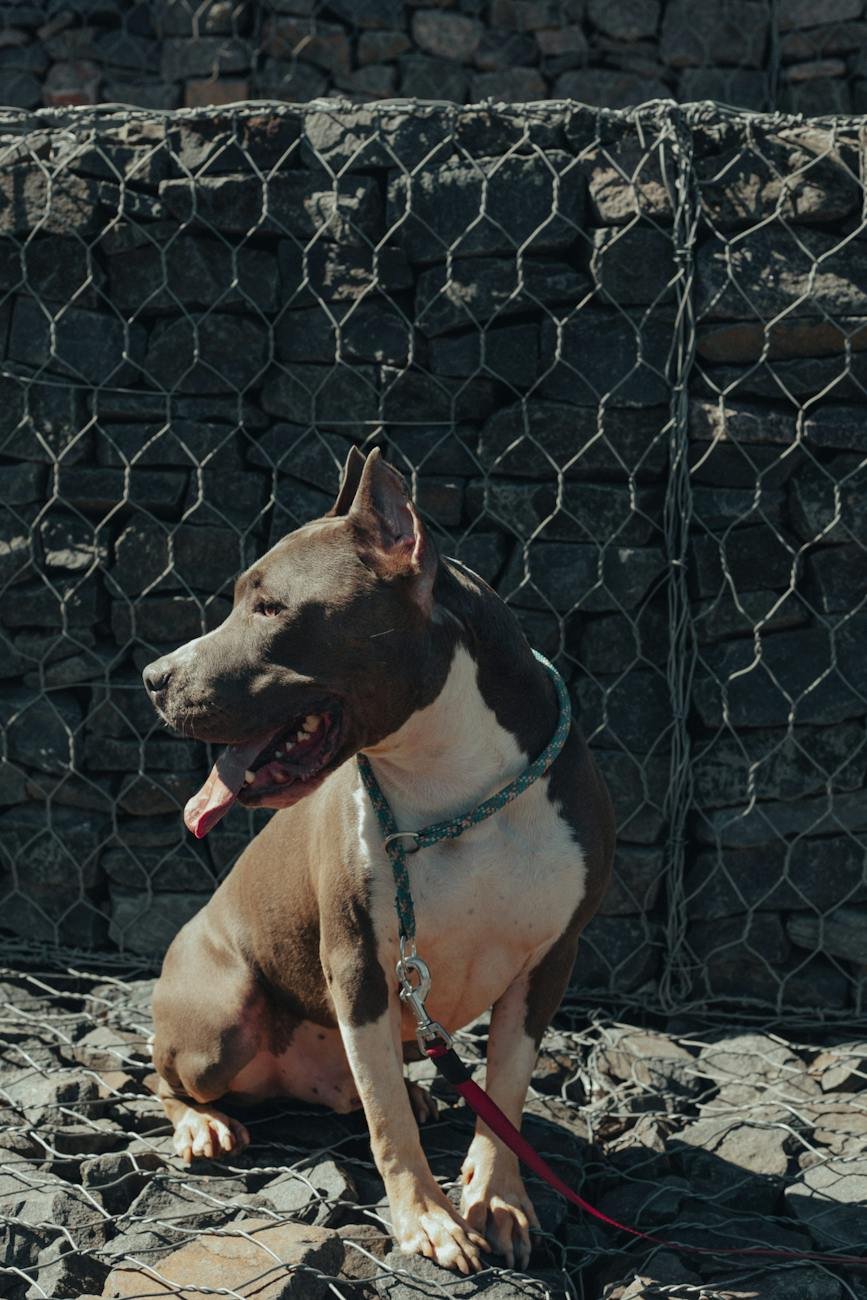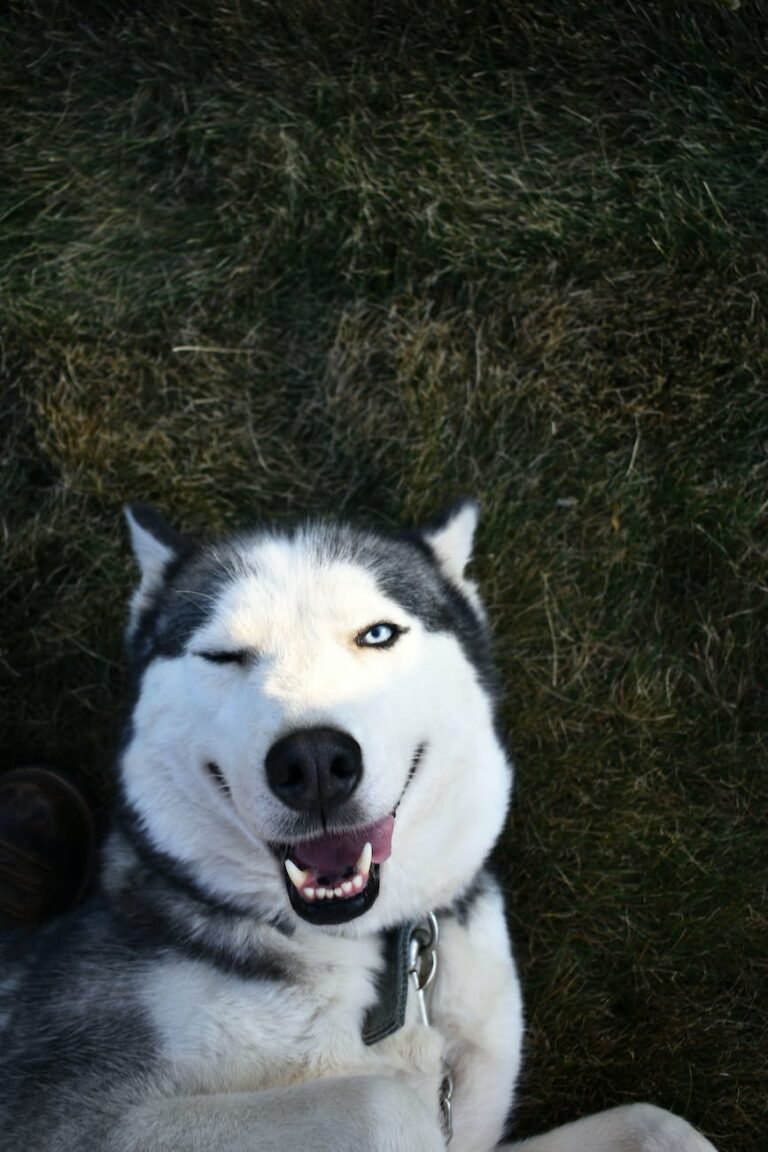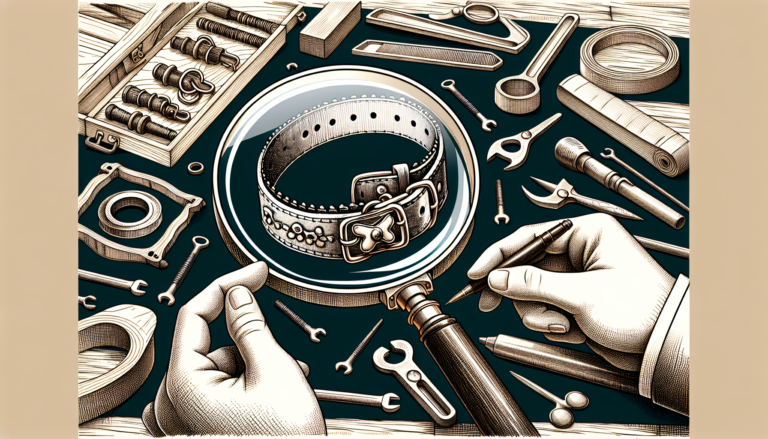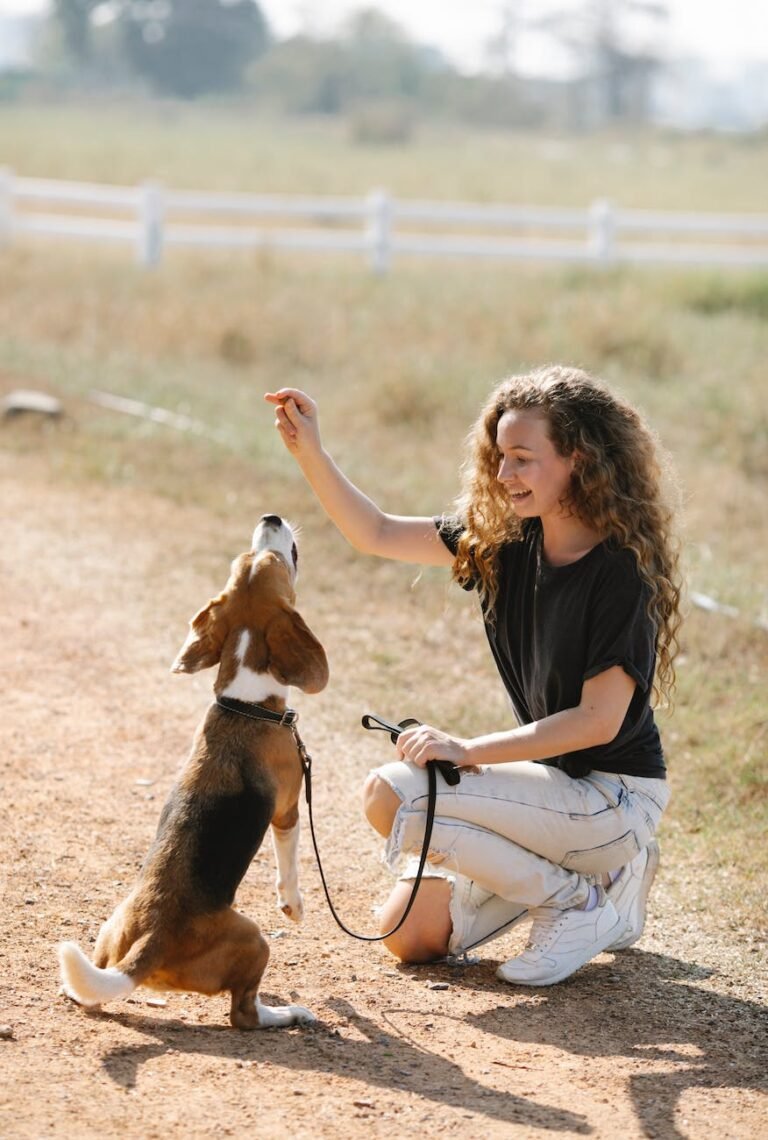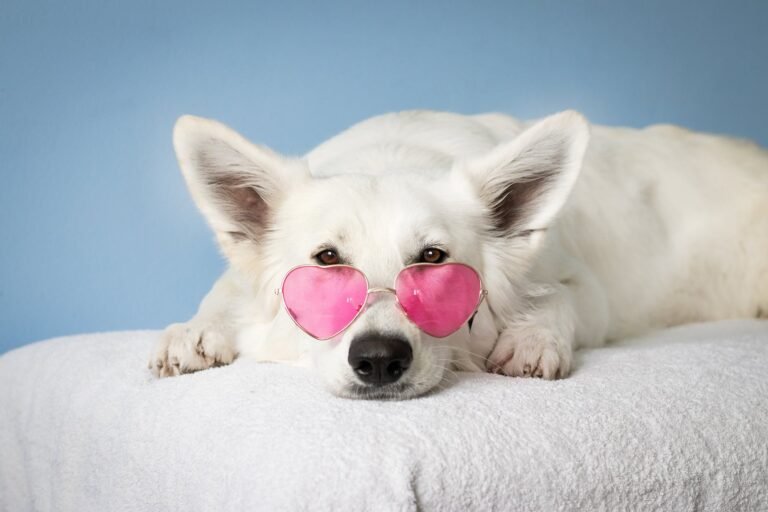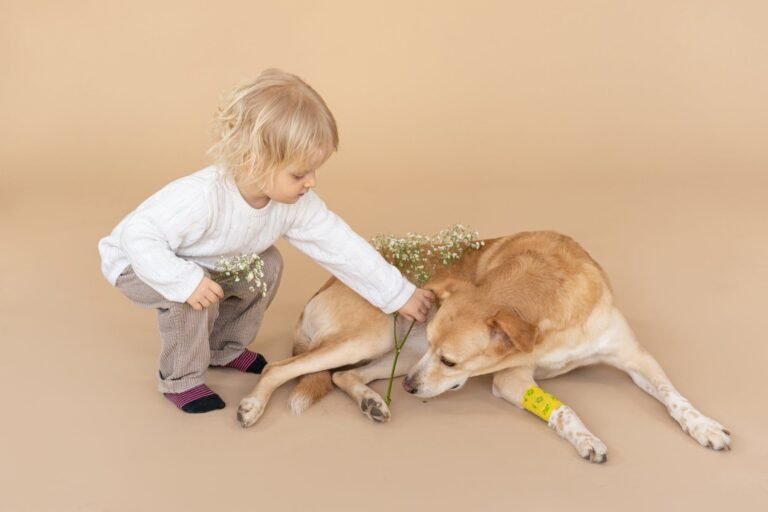Find Your Furry Protector: Top Guard Dog Breeds for Your Home
Choosing the Right Guard Dog Breed
When it comes to selecting a guard dog breed, there are several factors to consider. Understanding the nature and characteristics of different guard dog breeds is essential in finding the right fit for your home and lifestyle. Let’s explore these factors in more detail.
Understanding Guard Dog Breeds
Guard dog breeds are specifically bred and trained to protect their owners and property. These breeds possess certain traits that make them well-suited for this role, such as loyalty, strength, and protective instincts. Some popular guard dog breeds include the German Shepherd, Rottweiler, Doberman Pinscher, Boxer, and Bullmastiff.
German Shepherd
The German Shepherd is renowned for its loyalty, intelligence, and versatility. This breed excels in guard work due to its ability to quickly learn and follow commands. With proper training and socialization, German Shepherds can become effective guard dogs while also being loving and devoted family pets.
Rottweiler
Rottweilers are known for their strength, loyalty, and protective instincts. They are often used as guard dogs due to their natural guarding abilities. With proper training and socialization, Rottweilers can be reliable and devoted protectors of their families and property.
Doberman Pinscher
Doberman Pinschers are fearless and highly trainable, making them excellent guard dogs. They possess a natural instinct to protect their owners and are known for their loyalty. Dobermans require consistent training and socialization from an early age to ensure their protective instincts are appropriately channeled.
Boxer
Boxers are known for their strong protective instincts and alertness. While they may not be as large as some other guard dog breeds, their imposing appearance and natural guarding abilities make them effective deterrents. With proper training and guidance, Boxers can be reliable guard dogs while also being affectionate and playful family companions.
Bullmastiff
The Bullmastiff is a large and powerful breed that is often used as a guard dog. Their strength, bravery, and protective nature make them formidable protectors. Bullmastiffs require proper training and socialization to ensure they are well-behaved and responsive to commands.
Factors to Consider in Choosing a Guard Dog
When selecting a guard dog breed, it’s important to consider several factors to ensure a suitable match for your home and lifestyle. Some key factors to consider include:
- Size: Determine whether you have enough space to accommodate a larger breed or if a smaller, more compact breed would be more suitable.
- Energy Level: Consider the energy level of the breed and whether you can provide the necessary exercise and mental stimulation.
- Temperament: Assess the breed’s temperament and compatibility with your family members, including children and other pets.
- Trainability: Look for breeds that are known for their trainability, as proper training is crucial for a reliable guard dog.
- Socialization: Consider the breed’s socialization needs and whether you can provide opportunities for positive interactions with people and other animals.
By understanding the characteristics of different guard dog breeds and considering the factors mentioned above, you can make an informed decision in choosing the right guard dog breed for your home. Remember, proper training, socialization, and responsible ownership are essential for raising a well-behaved and reliable guard dog.
Top Guard Dog Breeds
When it comes to choosing a guard dog breed that can provide both protection and companionship, there are several options to consider. Here are five top guard dog breeds to help you make an informed decision based on your specific needs and preferences.
German Shepherd
The German Shepherd is a highly respected and versatile breed that excels at guard work. Known for its loyalty, intelligence, and versatility, the German Shepherd is often employed in various working roles, including search and rescue, police work, and military service. With proper training and socialization, the German Shepherd can be a reliable and protective companion.
Rottweiler
The Rottweiler is a powerful and protective breed that is commonly used as a guard dog. This breed is known for its strength, loyalty, and protective instincts. Rottweilers are naturally confident and self-assured, making them an excellent choice for guarding homes and properties. With proper training and socialization, they can be loving and devoted family companions as well.
Doberman Pinscher
The Doberman Pinscher is renowned for its fearlessness and trainability, making it an excellent guard dog breed. With their sleek and athletic build, Dobermans are known for their speed and agility. They are highly intelligent and can quickly learn commands and tasks, making them a versatile breed for guarding purposes. Additionally, Dobermans are fiercely loyal and protective of their families.
Boxer
Boxers may not be the first breed that comes to mind when thinking of guard dogs, but their strong protective instincts and alertness make them suitable for this role. Boxers are known for their boundless energy, strength, and agility. With proper training, they can become valuable guard dogs while also being loving and playful family companions.
Bullmastiff
The Bullmastiff is a large and powerful breed that has been historically used as a guard dog. With their strength, bravery, and protective nature, Bullmastiffs can deter potential intruders simply with their imposing presence. Despite their size, Bullmastiffs are gentle and affectionate with their families, making them a popular choice for those seeking both a guard dog and a loyal companion.
When considering any guard dog breed, it’s important to remember that proper training and socialization are essential. These breeds require a dedicated and responsible owner who can provide consistent guidance and structure. Additionally, consult local laws and regulations regarding owning guard dogs to ensure compliance with any legal considerations.
By carefully evaluating the characteristics and traits of different guard dog breeds, you can find the one that best suits your needs and lifestyle. Whether you choose a German Shepherd, Rottweiler, Doberman Pinscher, Boxer, or Bullmastiff, remember that responsible ownership and training are key to nurturing a well-rounded and dependable guard dog.
Characteristics and Traits of Guard Dog Breeds
When it comes to choosing a guard dog, it’s important to consider the specific characteristics and traits of different breeds. Each breed brings its own unique set of qualities that make them well-suited for guarding and protecting your home and family. Here are some notable features of popular guard dog breeds:
German Shepherd: Loyalty, Intelligence, and Versatility
The German Shepherd is renowned for its loyalty, intelligence, and versatility, making it one of the most popular guard dog breeds. With their strong sense of loyalty, German Shepherds form deep bonds with their owners and are fiercely protective of their families. Their intelligence allows them to quickly learn and follow commands, making them highly trainable and reliable (RD.com).
German Shepherds are versatile working dogs that excel in various roles, including guarding, search and rescue, and police work. Their natural protective instincts, combined with their strength and agility, make them a formidable presence and an effective deterrent to potential intruders.
Rottweiler: Strength, Loyalty, and Protective Instincts
Rottweilers are known for their strength, loyalty, and protective instincts, which make them excellent guard dogs. Their muscular build and powerful presence alone can serve as a deterrent to intruders (RD.com). Rottweilers are deeply loyal to their families and will go to great lengths to protect them.
With proper training and socialization, Rottweilers can be well-mannered and reliable guard dogs. Their natural protective instincts combined with their size and strength make them effective at guarding properties and responding to potential threats.
Doberman Pinscher: Fearlessness and Trainability
Doberman Pinschers are highly trainable guard dog breeds known for their fearlessness and willingness to protect their family. They are alert, intelligent, and possess a natural instinct to guard and defend. Dobermans are known for their loyalty and devotion to their owners, making them excellent companions and protectors (County of Merced).
Their sleek and muscular physique, combined with their speed and agility, allows Dobermans to respond quickly to any potential threats. With consistent training and socialization, Dobermans can become reliable guard dogs that provide both security and companionship.
Boxer: Strong Protective Instincts and Alertness
Boxers are known for their strong protective instincts and alertness, making them well-suited for guard dog roles. They are energetic, playful, and highly loyal to their families. Boxers are quick learners and can be easily trained to be watchful and responsive to potential dangers (County of Merced).
With their muscular build and powerful jaw, Boxers possess the strength and determination to ward off intruders. Their natural instinct to protect, combined with their friendly and sociable nature, makes them an ideal choice for families looking for both a guard dog and a loving companion.
Bullmastiff: Strength, Bravery, and Protective Nature
Bullmastiffs are known for their strength, bravery, and protective nature, making them effective guard dogs. They have a calm and gentle demeanor, but when faced with a threat, their protective instincts kick in. Bullmastiffs are naturally wary of strangers and will not hesitate to defend their family and territory (County of Merced).
With their large size and powerful build, Bullmastiffs are physically imposing and can deter potential intruders. Despite their size, Bullmastiffs are known for their gentle and loving nature with their families, making them an ideal choice for those seeking a loyal and protective companion.
When choosing a guard dog, it’s important to consider these characteristics and traits to ensure a suitable match for your home and lifestyle. Proper training, socialization, and responsible ownership are essential for nurturing a well-rounded guard dog that can provide both security and companionship.
Training and Socialization for Guard Dogs
When it comes to owning a guard dog, training and socialization are crucial aspects of ensuring their effectiveness and well-being. Guard dogs need to be properly trained to understand their roles, respond to commands, and exhibit appropriate behavior. Additionally, socialization helps them become comfortable in various environments and interact positively with people and other animals. Let’s explore the importance of training guard dogs and the significance of socialization.
Importance of Training Guard Dogs
Training is essential for guard dogs to fulfill their duties effectively and safely. Proper training helps them develop discipline, self-control, and obedience. It also establishes a bond of trust and respect between the dog and their owner. By investing time and effort into training, you can shape your guard dog into a reliable and well-behaved protector.
There are various training methods available, and it’s important to choose the one that suits the needs and temperament of your specific breed. Positive reinforcement training, which involves rewarding desired behaviors, is often effective for guard dogs. This approach helps build a positive association with training and encourages the dog to repeat desired actions. Additionally, it fosters a strong bond between you and your dog.
Training should focus on important commands such as “sit,” “stay,” “come,” and “leave it.” It’s also crucial to teach your guard dog appropriate behavior around strangers. This includes controlled barking, accepting friendly strangers, and refraining from aggressive or territorial behavior unless necessary. Consistency, patience, and regular practice are key to successful training.
Socialization for Guard Dogs
Socialization plays a vital role in ensuring that guard dogs are well-adjusted and capable of interacting appropriately with various people, animals, and environments. Early socialization is particularly important for puppies, as it helps them develop confidence and reduces the likelihood of fear-based aggression.
To socialize your guard dog, expose them to a wide range of situations, people, and animals in a controlled and positive manner. Gradually increase the intensity of these encounters as your dog becomes more comfortable. Encourage positive interactions and provide rewards for calm and friendly behavior.
Introduce your guard dog to different environments, such as parks, neighborhoods, and public spaces, to help them become accustomed to new sights, sounds, and smells. Allow them to interact with well-behaved and vaccinated dogs to learn appropriate social cues.
Remember to prioritize safety during socialization. Always supervise interactions and ensure that your guard dog is on a leash or in a secure environment. If you encounter any challenging situations or behavioral issues during socialization, consult a professional dog trainer or behaviorist for guidance.
By emphasizing training and socialization, you can cultivate a well-rounded and reliable guard dog. These efforts not only enhance their effectiveness as protectors but also contribute to their overall happiness and well-being. Remember, responsible ownership includes providing ongoing training, mental stimulation, and socialization throughout your guard dog’s life.
Responsibilities of Owning a Guard Dog
Owning a guard dog comes with certain responsibilities. These include proper handling and care of the dog, as well as understanding the legal considerations associated with owning a guard dog.
Proper Handling and Care of Guard Dogs
Guard dog breeds require proper training, socialization, and handling to ensure they can effectively protect their owners and respond to potential threats (Indeed). Here are some key aspects to consider when it comes to the handling and care of guard dogs:
-
Training: Guard dogs should undergo thorough training to develop the necessary skills and behaviors. This includes obedience training, socialization, and specialized guard dog training. Proper training helps ensure that the dog understands its role and can respond appropriately to different situations.
-
Exercise and Mental Stimulation: Guard dogs are typically active breeds that require regular exercise and mental stimulation to maintain their physical and mental well-being. Providing daily exercise, such as walks, playtime, and training sessions, helps keep guard dogs physically fit and mentally engaged.
-
Healthcare: Regular veterinary check-ups, vaccinations, and preventive care are essential for the overall health of guard dogs. Additionally, proper nutrition and a balanced diet tailored to the dog’s specific needs contribute to their well-being. Ensuring access to fresh water and maintaining good dental hygiene are also important aspects of their care.
-
Socialization: Proper socialization is crucial for guard dogs to ensure they are comfortable and well-behaved in various social settings. Introducing them to different people, animals, and environments from an early age helps prevent aggression and fear-based behaviors.
-
Secure Environment: Guard dogs should have a safe and secure living environment. This includes a suitable shelter or dog house, a securely fenced yard or designated area, and protection from extreme weather conditions.
Remember, owning a guard dog is a long-term commitment that requires dedication, time, and effort. Providing a loving and nurturing environment is key to having a well-adjusted and effective guard dog.
Legal Considerations for Owning a Guard Dog
When it comes to owning a guard dog, it’s important to understand the legal considerations associated with this responsibility. Here are a few key points to be aware of:
-
Breed-Specific Legislation: Some areas may have specific regulations or restrictions on owning certain guard dog breeds. Research and familiarize yourself with any breed-specific legislation or local ordinances in your area to ensure compliance.
-
Liability and Insurance: Owning a guard dog comes with potential liability risks. It’s advisable to consult with your insurance provider to determine if your policy covers any incidents involving your guard dog. Additionally, you may want to consider obtaining liability insurance that specifically covers dog-related incidents.
-
Responsible Ownership: As a responsible owner of a guard dog, it’s important to ensure that your dog is well-behaved and properly trained. This includes preventing any aggressive or dangerous behaviors that could pose a risk to others.
-
Public Spaces: When taking your guard dog out in public, be aware of any local regulations regarding leash laws, public access, and any restrictions on specific areas. Always keep your dog under control and follow any applicable rules to ensure the safety of both your dog and others.
By understanding and adhering to these responsibilities and legal considerations, you can ensure a positive and safe experience owning a guard dog. Proper handling and care, along with compliance with relevant laws, contribute to the well-being of your dog and the overall safety of your community.
Top Guard Dog Breeds
When it comes to choosing a guard dog breed for your home, it’s important to consider certain characteristics and traits that make them suitable for the task at hand. Here are five top guard dog breeds known for their protective instincts and loyalty:
German Shepherd
The German Shepherd is a versatile breed that excels in many roles, including being a guard dog. They are intelligent, loyal, and protective, making them a popular choice for security work (County of Merced). German Shepherds are known for their ability to quickly assess situations, making them effective in deterring intruders and protecting their families. With proper training and socialization, they can be an ideal choice for guarding both homes and properties.
Rottweiler
Rottweilers are another highly popular guard dog breed, known for their strength, loyalty, and protective nature (Indeed). These dogs have a natural instinct to protect their families and can be incredibly devoted. Rottweilers require consistent training and socialization from an early age to ensure they develop into well-rounded guard dogs. With the right handling and care, they can be excellent protectors and loyal companions.
Doberman Pinscher
Doberman Pinschers are highly intelligent and alert guard dog breeds. They are known for their loyalty and protective nature, making them excellent choices for personal protection and property guarding (Purina). Dobermans are fearless and have a strong sense of territory, making them natural protectors. With proper training, they can become reliable and dedicated guard dogs, always ready to defend their loved ones.
Boxer
Boxers are energetic and playful guard dog breeds. They possess a natural instinct to protect their family and are known for their strong protective instincts and alertness (Purina). Boxers are highly trainable and have a natural desire to please their owners. They excel in roles such as police work, military service, and personal protection. With their energetic nature and protective instincts, Boxers can make formidable guard dogs.
Bullmastiff
Bullmastiffs are large and powerful guard dog breeds, known for their strength and imposing presence (Purina). They were originally bred to guard estates and properties. Bullmastiffs are protective by nature and have a strong sense of loyalty towards their family. While they are generally calm and gentle, they can quickly switch into a protective mode when the need arises. With their size, strength, and protective nature, Bullmastiffs can provide a sense of security to any household.
When considering any guard dog breed, it’s important to remember that proper training and socialization are key to ensuring they become well-rounded and reliable protectors. Additionally, responsible ownership includes providing them with proper handling and care, as well as being aware of any legal considerations in your area. By carefully selecting the right guard dog breed and investing time in their training and care, you can find a furry protector that will not only provide security but also become a cherished member of your family.

